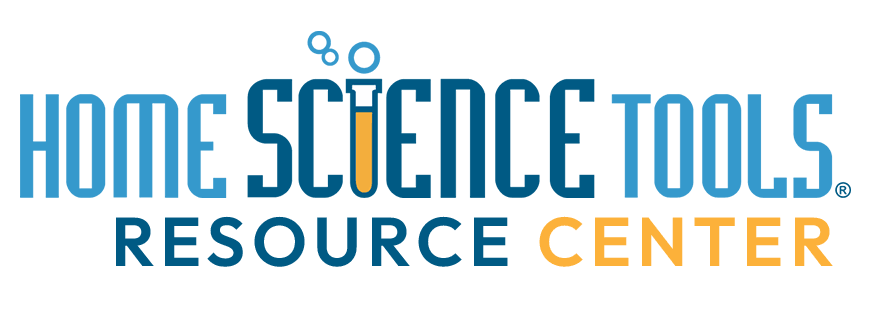How to Choose Curriculum for Homeschooling
Whether your kiddos are finally ready to start school at home or you’re gearing up for the next academic year, you’re probably wondering what the best homeschool curriculum is. The answer? Homeschool curriculum is not a one-size-fits-all approach, so what’s best for you and your kids might not be the right fit for others.
Choosing the right curriculum for homeschooling depends on your kids’ learning styles, academic goals, and your preferred approach as an educator. The curriculum you choose sets the tone for the school year, and while it would be great if you could just pick one with absolute certainty and it all goes swimmingly‒it’s not quite that simple!
This guide will walk you through everything from determining your child’s education goals to finding the best homeschool science curriculum with experiments. Let’s dive in!
Consider Your Preferred Approach
One of the main benefits of homeschooling your children or students is that it gives everyone more agency in learning, and while it’s good to shoot for the idealistic approach, it’s important to also be realistic. Take a moment and consider how you envision your approach and how you can actually follow-through.
When it comes to your approach or philosophy, envision yourself homeschooling‒do you already have an educational philosophy in mind, or are you planning on going with the flow? Will you work and homeschool outside of the actual home? Do you want your kids to explore more hands-on learning opportunities and holistic experiences?
Next, you need to factor in your practical circumstances. Start by considering why you want to homeschool:
- Has your child ever been to school? If not, do you want to help them through a transition that involves more structure and new activities via homeschooling?
- Are you homeschooling to solve a challenge at school, and are looking for short-term homeschooling solutions?
- Do you need to homeschool to accommodate your child’s educational or behavioral needs?
- Do you have any limitations in regards to technology, time, or money?
- Are you preparing your child for future educational or career possibilities?
Your philosophy, ideal approach, time constraints, budget, and your child’s possible additional needs all play a major role in the curriculum you choose.
Factor In Your Kids’ Learning Styles
Your little one is unique, which means their needs will change depending on their age, stage, development levels, personality, and interests. Younger children‒think preschool to first grade‒might thrive in play-based learning, learning with music, and learning with movement, or maybe your third-grader is naturally energized and learns best exploring nature or integrating physical activity into their learning.
Notice what activities your child is more responsive to and cross-reference this with developmental and learning milestones they should be working towards. Some children learn better by using their hands and creating things, while others absorb new information through reading or speech. Look for a homeschool curriculum that explores multiple learning styles, such as visual learning, kinetic learning, and auditory learning
Interest-Led Learning
One of the key benefits of homeschooling is that it allows you to integrate interest-led learning into your curriculum. If your child shows a strong interest in a subject or topic, or is struggling to resonate with certain subjects, you can take an interest-led learning approach. This approach can sometimes lead you to deviate from your formal curriculum, but you can turn to other resources that support the interest, such as museums or other online learning modules.
Build Around Your Goals
Understanding your goals in regards to homeschooling is much easier when you have your approach nailed down and know your kids’ needs and interests. The final step is ensuring they are up-to-speed and on track with your goals. So, how do you set your goals when it comes to homeschooling? We typically look at grade levels and their expectations.
A child’s grade level will have a major impact on the curriculum you choose. If your children may enter a traditional schooling system at some point in their academic careers, it’s important to know what standards each grade level is held to.
For example, what is NGSS? ‘NGSS’ stands for ‘Next Generation Science Standards,’ which is a multi-state effort in the US to create education standards focused on providing all students an internationally benchmarked science education. If your child is meeting NGSS benchmarks for their grade, they’re more likely to be set up for success in their upcoming academic endeavors.
Engage and Inspire With Hands-On Learning
Looking for an inspired and engaging science curriculum? Home Science Tools offers a wide range of hands-on science curriculum for every learning style, including open-and-go science kits, ebooks, and free projects. Check out our range of science projects and lessons today!





